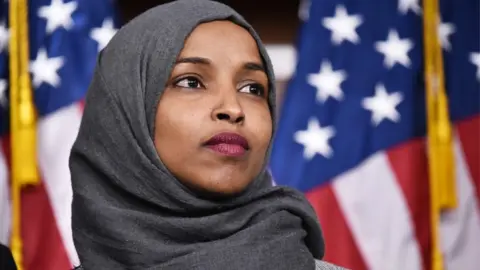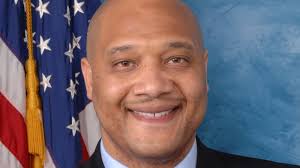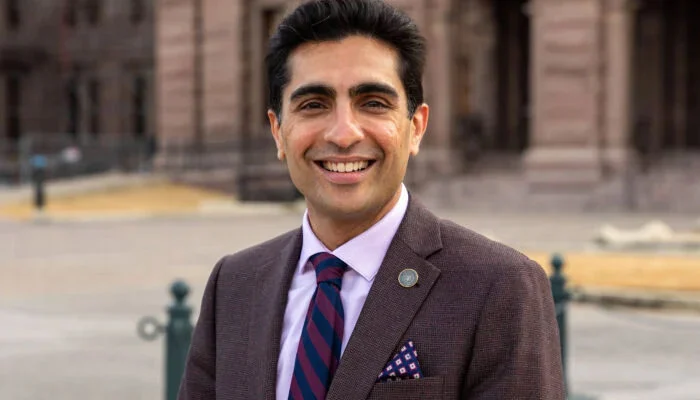The three Muslim members of the U.S. Congress — Rashida Tlaib, Ilhan Omar, and André Carson — won their respective re-election campaigns with solid leads.
In addition to the three federal victories, Salman Bhojani and Suleman Lalani have also been re-elected to the Texas State House, representing a growing presence of Muslim leaders in state government.
1. Rashida Tlaib

Representing Michigan’s 13th District, Rashida Tlaib won her fourth term with a commanding 70% of the vote. Tlaib, a Democrat and the first Palestinian-American woman elected to Congress, remains one of the most outspoken critics of U.S. policy toward Israel.
Her re-election emphasizes strong backing from her Arab-American constituency in Dearborn, a community that aligns closely with her stance on international and domestic issues affecting minority groups.
2. Ilhan Omar

Ilhan Omar, a Somali-American representing Minnesota’s 5th District, secured her third term with a decisive 75.2% of the vote. Omar, a former refugee and a progressive advocate, has been a prominent voice for accountability in U.S. foreign policy, particularly in relation to military aid and actions in Gaza.
Her win reflects robust support for her efforts to address complex issues impacting immigrant and refugee communities.
3. André Carson

André Carson of Indiana’s 7th District also held his seat with a significant 68.2% of the vote. Since his election in 2008, Carson has been a steady advocate for diversity, religious tolerance, and community-focused legislation.
His re-election reinforces his long-standing role as a key figure representing Muslim Americans in Congress.
4. Salman Bhojani

Salman Bhojani first joined the Texas legislature in 2022 and has quickly become a vital voice for healthcare, business development, and education reform.
5. Suleman Lalani

Suleman Lalani defended his seat in the Texas State House with 56.1% of the vote, continuing his focus on issues related to healthcare and immigrant rights. Lalani’s leadership has resonated in Texas, where the state’s rapidly changing demographics call for representation that truly reflects the people it serves.
These successful re-elections signal a growing acceptance and appreciation for Muslim voices and other minority perspectives in American politics.
Muslim candidates have shown remarkable resilience and dedication, often facing unique challenges.
This year’s elections also highlight the range of experiences among Muslim candidates.
For example, Aaron Bashir, a Pakistani-American Republican congressional candidate, narrowly lost his race in Pennsylvania, pointing to both successes and ongoing challenges that minority candidates face in different regions and political contexts.


 WhatsApp Channel
WhatsApp Channel
 Instagram
Instagram
 Facebook
Facebook
 X (Twitter)
X (Twitter)
 Google News
Google News
The election of these Muslim leaders will help the community to raise their issues in the Senate. It is seen that they have won with a thumping majority by highlighting the local issues and winning the hearts of one and all. Islam is a fast growing religion in America and Muslim leaders are accepted. They should continue their good work and be not complacent. Good wishes to all of them with hope that more Muslims will get elected in future.